Russian President Vladimir Putin has amassed an estimated 100,000 troops on the border of Ukraine, leading Western intelligence services and analysts to believe that the Kremlin might be preparing to invade soon. With an internally divided United States and an ambiguous response to Moscow’s threats from within Europe, Germany will be “essential to any Western effort to deter Putin,” argues Constanze Stelzenmüller. This article originally appeared in the Financial Times.
Thirty years after the outbreak of the Yugoslav wars, the Western alliance is once more facing the possibility of a major armed conflict at Europe’s periphery. Vladimir Putin’s Russia has amassed an estimated 100,000 troops near the border of Ukraine. Western intelligence services and analysts are concerned that he might be preparing to invade soon.
There is a spine-chilling sense of déjà-vu about it all. In most key aspects, however, today’s situation is notably worse than that of three decades ago.
In the 1990s, the United States was reluctant to get involved in ending the bloodshed in the Balkans. Yet once it decided to intervene, a sense of righteous responsibility as the Cold War’s victor carried it through, and its European allies with it. A demoralized and nearly bankrupt post-Soviet Russia kept its distance, but diplomatic pressure from Moscow helped force the Serbian dictator Slobodan Milošević to withdraw his forces from the breakaway province of Kosovo, ending NATO’s air war against Belgrade. Germany participated in that operation — but only after an agonizing debate over whether its history permitted it to do so.
Today, the Biden administration says it is firmly committed to the security of Europe and Ukraine’s sovereignty. Yet it is crippled by political polarization and painfully aware of its limited influence over an electorate weary of war and distrustful of politics. The few hawks remaining in Washington are laser-focused on China. “Restraint” increasingly finds bipartisan favor. The tumultuous withdrawal from Afghanistan has damaged U.S. standing in the world and sapped alliance cohesion.
Russia, meanwhile, has been helping Belarus to weaponize migration into the European Union. It has blown up one of its satellites with a missile, creating a debris field in low-earth orbit that menaces the space-based infrastructure of globalization. State-owned Gazprom is not complying with its commitments to fill gas storage facilities in Germany, despite tight supplies and sharply rising prices. Putin has recently referred to combat in Ukraine’s eastern Donbas region, where Russia has waged a proxy war since 2014 that has claimed more than 13,000 casualties, as “genocide.”
A wish list of security guarantees presented by the Kremlin to the U.S. and NATO last week amounts to a veto on further expansion of the alliance, a removal of all U.S. nuclear weapons in Europe, including B-61 bombs in Germany, as well as a military withdrawal from the territories of the former Warsaw Pact and Soviet Union.
This is no longer just about Ukraine. In effect, Russia is demanding a sphere of interest that begins at Germany’s eastern border, and the end of nuclear sharing in Europe — unacceptable proposals for the West. Even if this is merely brinkmanship intended to bring about diplomatic negotiations or a coup in Kyiv, it is stupendously risky.
But there is another 30th anniversary this year: that of the dissolution of the Soviet Union, on December 26, 1991. In a recently aired documentary, Putin called this event the demise of “historical Russia,” adding that it had forced him to moonlight as a taxi driver. In an essay published in June, he denied Ukrainian nationhood. Russian prosecutors have moved to ban Memorial, the Russian human rights group dedicated to documenting the crimes of Stalinism. What if Putin the amateur historian is moving to rewrite history?
NATO and the EU have responded with a generalized offer of dialogue, rejected demands for vetoes and withdrawals, and warned Russia of “massive consequences and severe costs” should it take military action against Ukraine — leaving open exactly what they mean by that. The ambiguity could be deliberate, so as not to offer a pretext for escalation. It could also be an attempt to hide divisions in Europe. Mario Draghi, Italy’s prime minister, has expressed skepticism about a possible Russian invasion, while Gabrielius Landsbergis, Lithuania’s foreign minister, says Moscow is “really gearing up for war.”
As for Germany, the time when it could plead its history as an excuse to stand aside is long past. Europe’s economic anchor nation is essential to any Western effort to deter Putin. Every potential measure — sanctions on Russian entities, cutting Russia out of the SWIFT electronic payment system, cancelling the Nord Stream 2 pipeline — would be financially and politically costly for Chancellor Olaf Scholz’s new government.
But what is the alternative? According to Putin: war in Europe, waged by a nuclear great power. The Yugoslav wars lasted a decade, and claimed an estimated 140,000 lives. The Balkans remains a troubled region.
Still, Putin would do well to keep in mind that two of the six former republics of communist Yugoslavia are now in the EU. Four are in NATO. And Milošević ended up in front of a U.N. war crimes tribunal in the Hague.
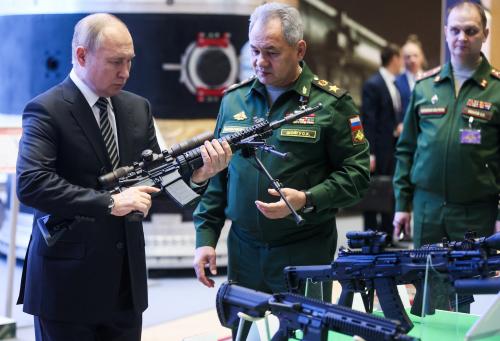
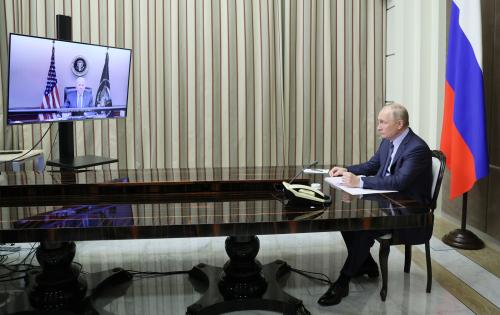
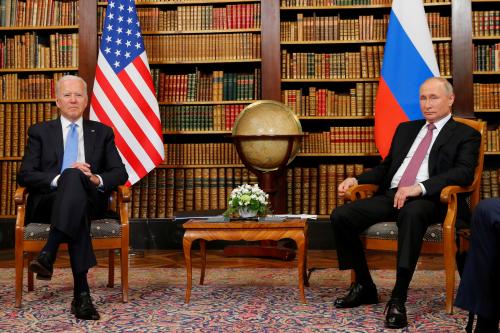
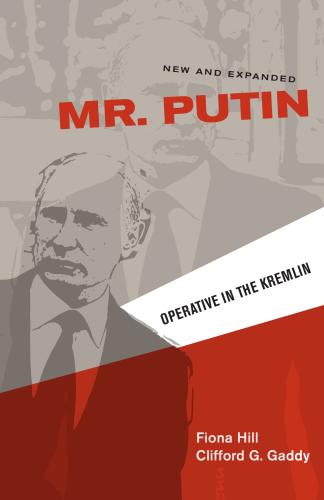
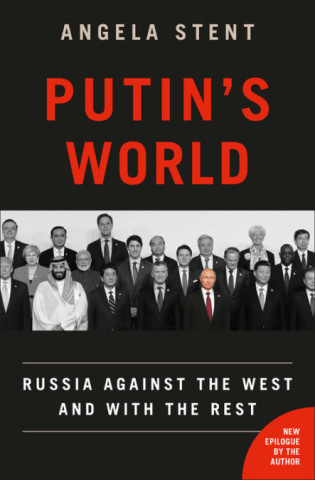
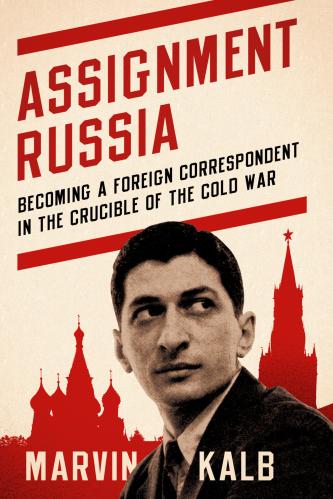

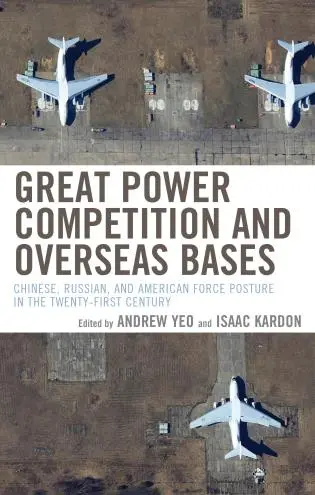
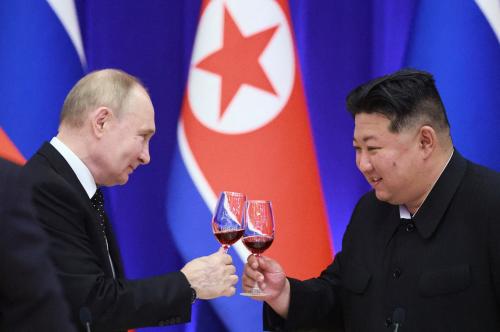
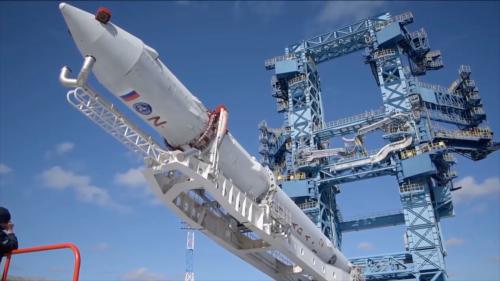
Commentary
Germany holds the key to deterring Russian moves against Ukraine
December 21, 2021